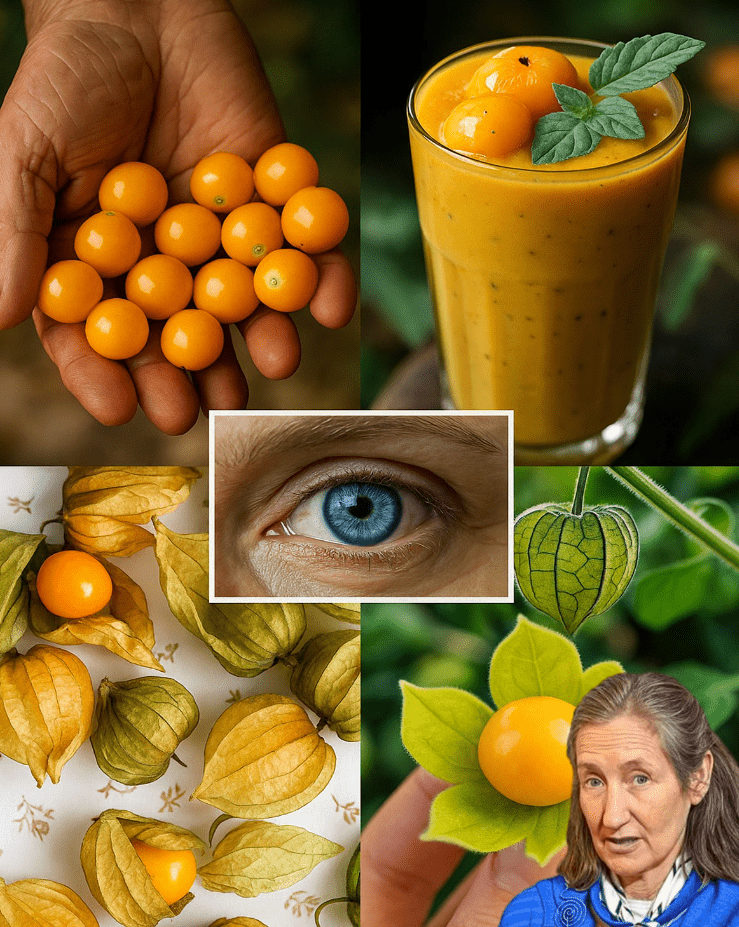Did you know that over 60% of Americans turn to natural remedies to support their health? In a world filled with processed foods and synthetic medicines, nature offers powerful solutions to help your body thrive. Imagine sipping a warm, soothing drink that not only tastes great but also fights disease and boosts your immunity. Sounds too good to be true? It’s not. From ancient herbal teas to modern superfood smoothies, healing drinks backed by nature can transform your wellness routine. In this article, you’ll discover nine science-supported beverages that combat inflammation, support immunity, and promote overall health. Whether you’re looking to ward off colds, reduce stress, or simply feel your best, these drinks are easy to make and packed with benefits. Ready to explore nature’s finest elixirs? Let’s dive in and uncover how these drinks can elevate your health.
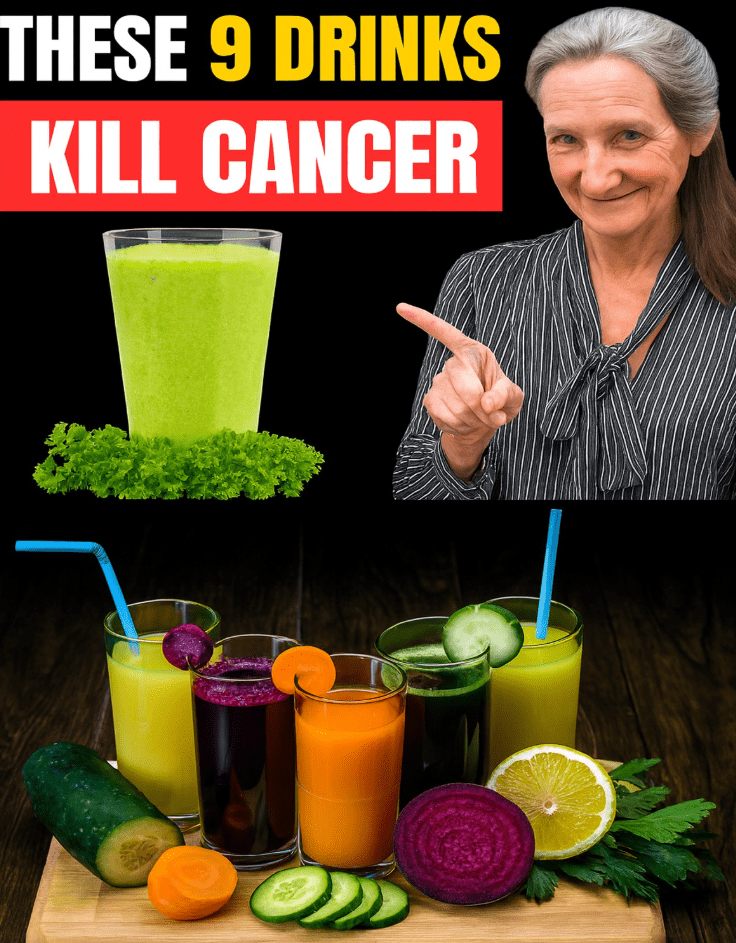
Why Healing Drinks Matter for Your Health
Nature has provided remedies for centuries, and drinks are one of the easiest ways to harness these benefits. Healing beverages deliver nutrients directly to your system, hydrating you while supplying antioxidants, vitamins, and anti-inflammatory compounds. Unlike pills or supplements, these drinks are enjoyable and can fit seamlessly into your daily routine. Research shows that certain herbs, fruits, and spices can reduce the risk of chronic diseases like heart disease, diabetes, and even cancer. By incorporating these drinks, you’re not just quenching thirst—you’re giving your body tools to fight disease. Let’s explore nine drinks that combine nature’s wisdom with modern science.
1. Green Tea: The Antioxidant Powerhouse
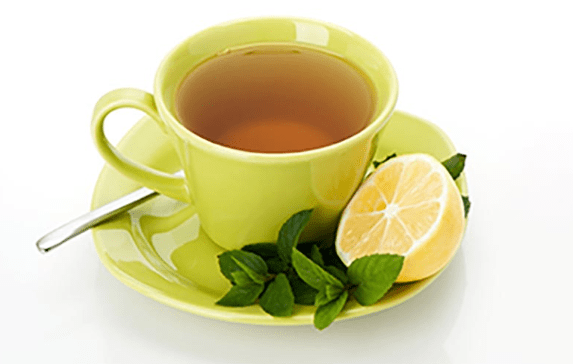
Green tea is more than a morning pick-me-up. Packed with catechins, powerful antioxidants, it helps neutralize free radicals that damage cells. A 2017 study in the Journal of the American College of Nutrition found that regular green tea consumption may lower the risk of heart disease by improving cholesterol levels. Its anti-inflammatory properties also support brain health and may reduce the risk of Alzheimer’s.
How to Enjoy It: Brew high-quality loose-leaf green tea for 2–3 minutes in hot (not boiling) water to preserve its nutrients. Add a splash of lemon for extra vitamin C. Aim for 1–2 cups daily, but avoid late evenings to prevent sleep disruption.
Pro Tip: Choose organic green tea to avoid pesticides, and steer clear of sugary bottled versions.
2. Turmeric Golden Milk: Nature’s Anti-Inflammatory Elixir
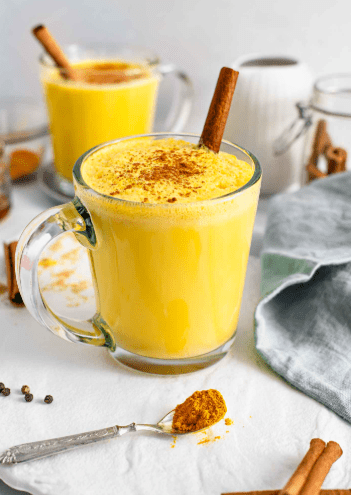
Turmeric, the golden spice, contains curcumin, a compound with potent anti-inflammatory and antioxidant effects. Studies, like one published in Phytotherapy Research (2019), suggest curcumin may help manage arthritis symptoms and reduce inflammation linked to chronic diseases. Golden milk, a warm blend of turmeric, milk (or plant-based alternatives), and spices, is a delicious way to reap these benefits.
How to Make It:
| Ingredients | Quantity |
|---|---|
| Milk (dairy or plant-based) | 1 cup |
| Ground turmeric | 1/2 tsp |
| Black pepper | Pinch |
| Cinnamon | 1/4 tsp |
| Honey (optional) | 1 tsp |
Heat the milk, stir in spices, and simmer for 5 minutes. The black pepper enhances curcumin absorption. Drink before bed for a calming ritual.
Case Study: Sarah, a 45-year-old teacher, started drinking golden milk nightly. After a month, she noticed less joint stiffness and better sleep, crediting the drink’s soothing effects.
3. Ginger Tea: Your Digestive and Immune Ally
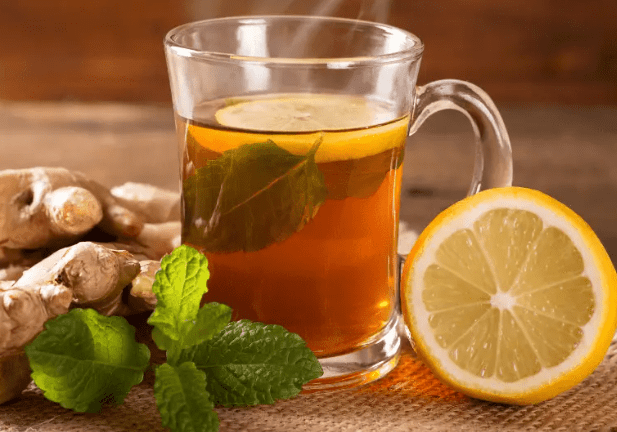
Ginger has been used for centuries to aid digestion and fight infections. Its active compound, gingerol, has anti-inflammatory and antimicrobial properties. A 2020 study in Nutrients showed ginger can reduce nausea and improve immune response, making it ideal for cold season.
How to Prepare It: Slice fresh ginger root (1 inch) and steep in boiling water for 10 minutes. Add honey or lemon for flavor. Drink after meals to ease bloating or at the first sign of a cold.
Real-Life Example: Mark, a busy accountant, used to struggle with post-meal discomfort. After adding ginger tea to his routine, he reported less bloating and more energy.
4. Beetroot Juice: A Heart-Healthy Boost
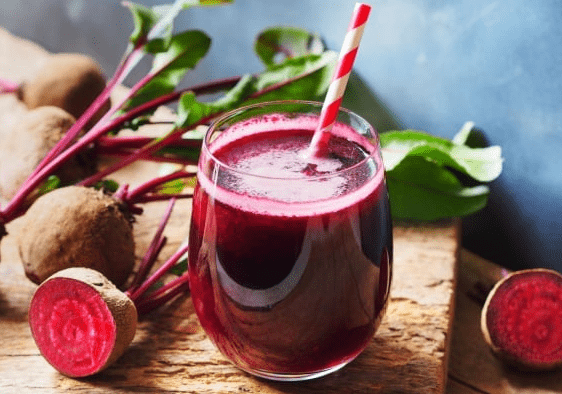
Beetroot juice is a vibrant, nutrient-dense drink rich in nitrates, which improve blood flow and lower blood pressure. A 2018 study in Hypertension found that daily beetroot juice consumption significantly reduced blood pressure in adults. It’s also high in betalains, antioxidants that combat inflammation.
How to Enjoy It: Blend 1 medium beetroot with an apple and a splash of lemon juice for a refreshing drink. Drink 4–8 ounces daily, preferably in the morning.
Caution: Start with small amounts to avoid digestive upset, and consult a doctor if you’re on blood pressure medication.
5. Hibiscus Tea: The Blood Pressure Balancer
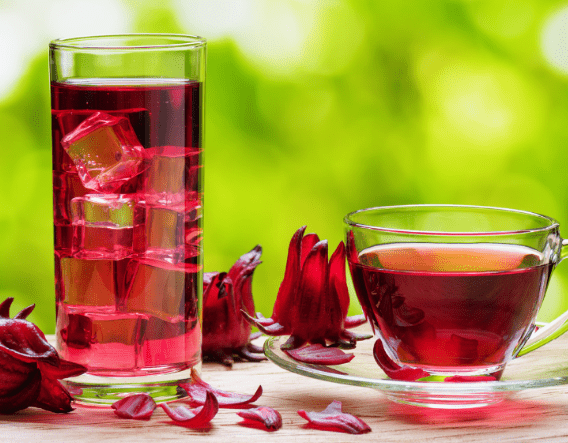
Hibiscus tea, with its tart, ruby-red flavor, is a heart-health champion. Rich in anthocyanins, it helps lower blood pressure and cholesterol. A 2019 meta-analysis in Journal of Hypertension confirmed that hibiscus tea significantly reduces systolic blood pressure.
How to Make It: Steep 1–2 teaspoons of dried hibiscus flowers in hot water for 5–7 minutes. Serve hot or iced with a touch of honey. Limit to 2 cups daily to avoid diuretic effects.
Pro Tip: Pair with a light snack to balance its tartness.
6. Bone Broth: A Gut-Healing
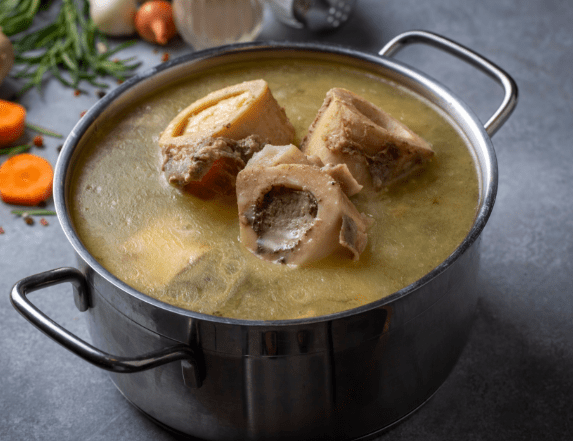
Bone broth is a nutrient-packed drink made by simmering animal bones and connective tissues. Rich in collagen, amino acids, and minerals, it supports gut health and joint function. A 2021 study in Nutrition Reviews highlighted its potential to reduce gut inflammation and improve digestion.
How to Prepare It: Simmer beef or chicken bones with vegetables and herbs for 12–24 hours. Strain and sip warm, or use as a soup base. Store in the fridge for up to 5 days.
Real-Life Example: Emma, a 30-year-old fitness coach, added bone broth to her diet to ease joint pain. After two weeks, she felt more flexible and had fewer digestive issues.
7. Matcha Latte: Energy with Zen
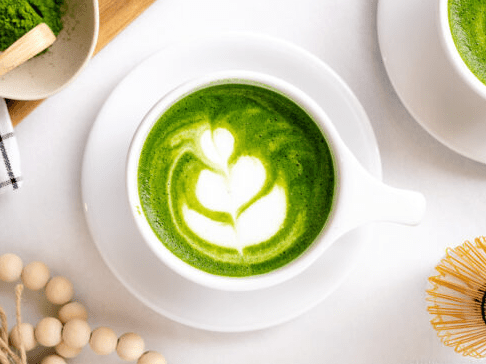
Matcha, a powdered form of green tea, delivers a concentrated dose of antioxidants and L-theanine, promoting calm focus. A 2020 study in Food Research International noted matcha’s potential to reduce stress and improve cognitive function.
How to Make It:
| Ingredients | Quantity |
|---|---|
| Matcha powder | 1 tsp |
| Hot water | 2 oz |
| Milk (dairy or plant-based) | 6 oz |
| Sweetener (optional) | 1 tsp |
Whisk matcha with hot water until frothy, then add steamed milk. Enjoy in the morning for sustained energy without jitters.
8. Kefir: The Probiotic Powerhouse
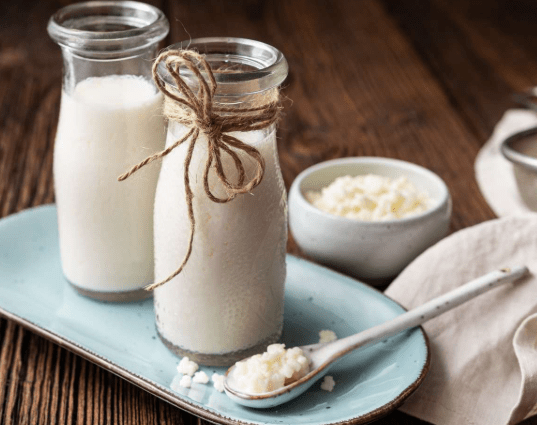
Kefir, a fermented milk drink, is loaded with probiotics that support gut health and immunity. A 2022 study in Frontiers in Nutrition found that kefir improves gut microbiota, potentially reducing inflammation and boosting immunity.
How to Enjoy It: Choose plain, unsweetened kefir and blend with berries for a smoothie. Drink 4–8 ounces daily. If dairy-sensitive, opt for coconut or water kefir.
Pro Tip: Start with small servings to let your gut adjust to the probiotics.
9. Pomegranate Juice: The Heart and Cell Protector
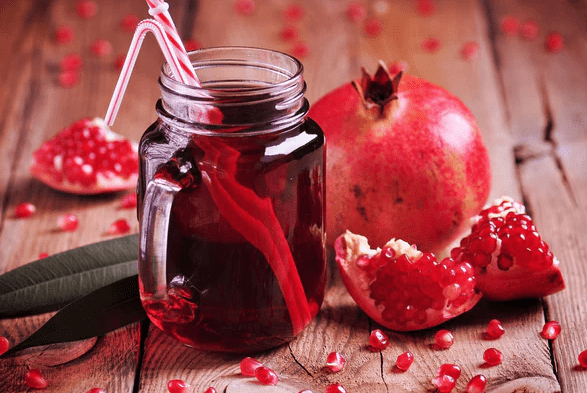
Pomegranate juice is a potent source of antioxidants, particularly punicalagins, which protect cells from damage. A 2017 study in Pharmacological Research linked pomegranate juice to improved heart health and reduced oxidative stress.
How to Enjoy It: Drink 4–8 ounces of pure, unsweetened pomegranate juice daily. Dilute with water to reduce sugar content. Avoid if taking certain medications, as it may interact.
Case Study: John, a 50-year-old runner, added pomegranate juice to his routine. After three months, his cholesterol levels improved, and he felt more energized.
Conclusion
What Are the Best Times to Drink These Healing Beverages?
Morning is ideal for energizing drinks like green tea, matcha, or beetroot juice. Evening suits calming options like golden milk or hibiscus tea. Bone broth and kefir work well with meals to aid digestion.
Can These Drinks Replace Medications?
No, these drinks support health but should not replace prescribed treatments. Always consult a healthcare professional before making changes to your medical regimen.
Are There Any Risks to These Drinks?
Most are safe in moderation, but overconsumption or interactions with medications can occur. For example, limit hibiscus tea if you’re on diuretics, and check with a doctor if you’re on blood thinners before drinking pomegranate juice.
How Can I Start Incorporating These Drinks?
Begin with one or two drinks that align with your health goals, like ginger tea for digestion or green tea for antioxidants. Experiment with recipes and adjust to your taste.
Disclaimer: This content is for informational purposes only and does not replace professional medical advice. Consult a healthcare provider for personalized guidance.




